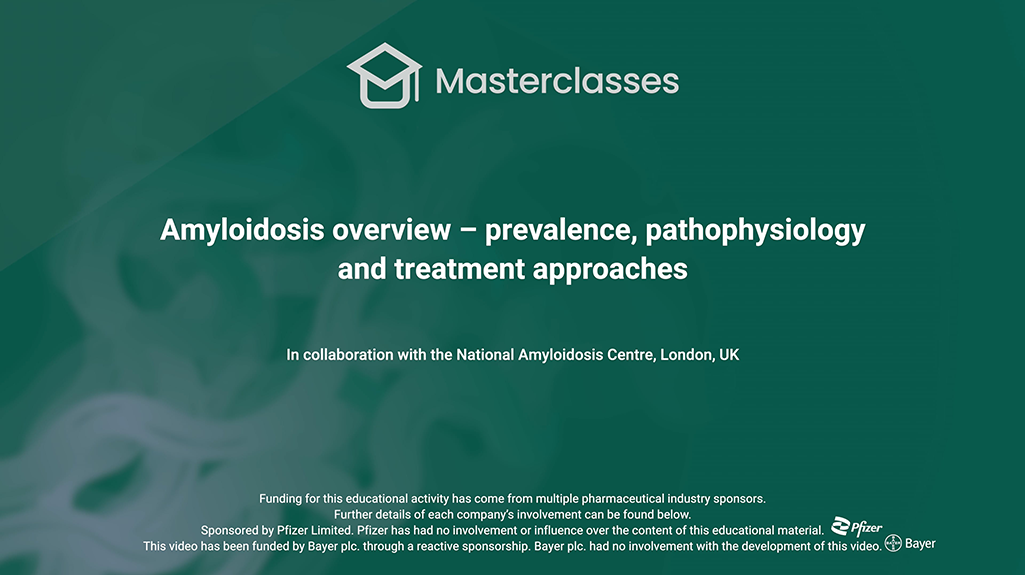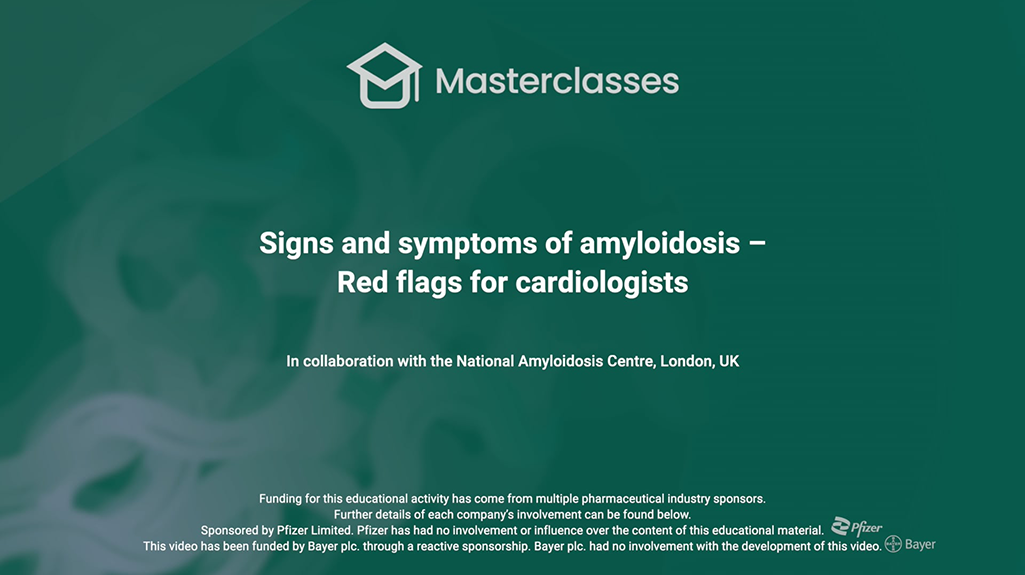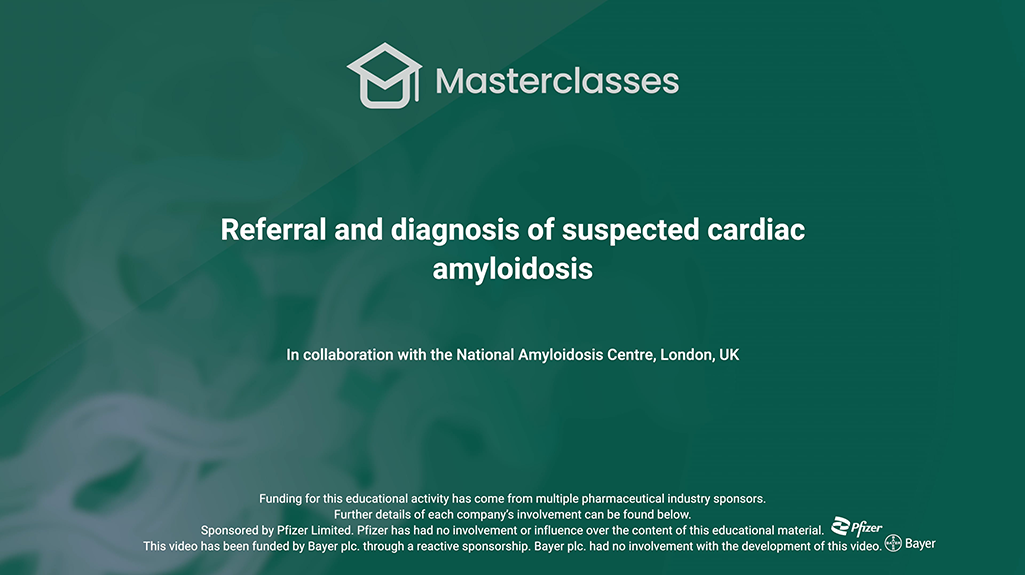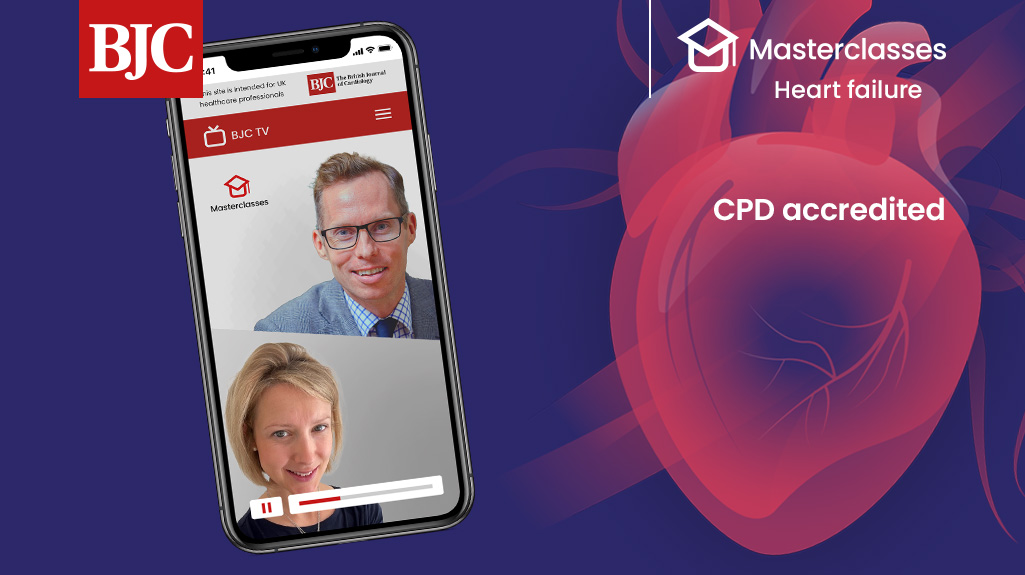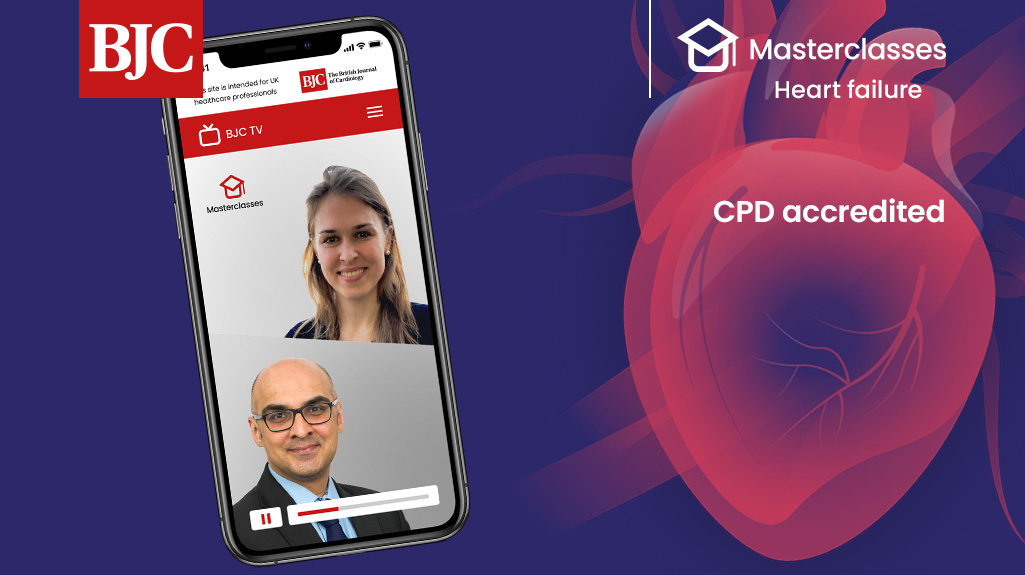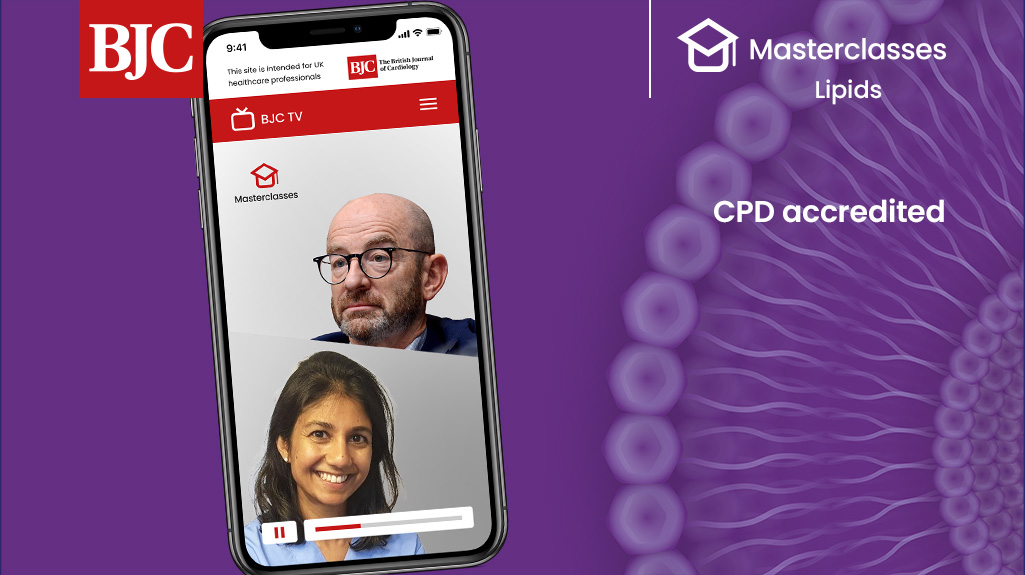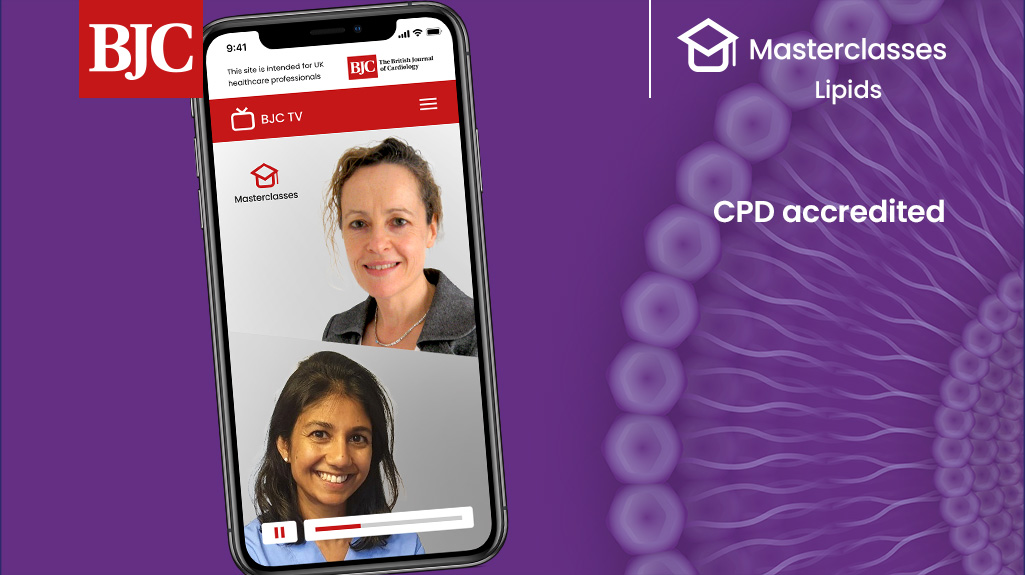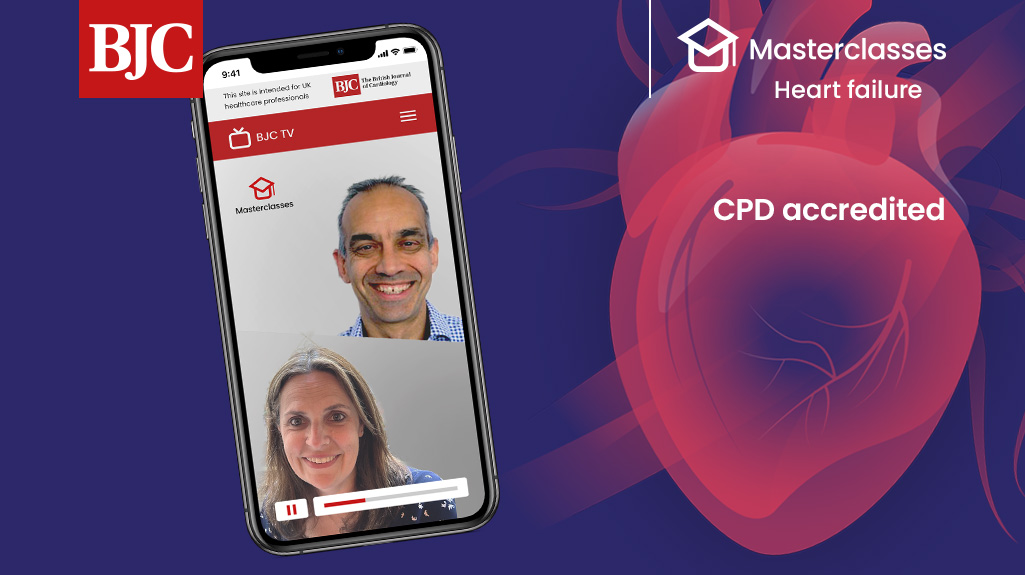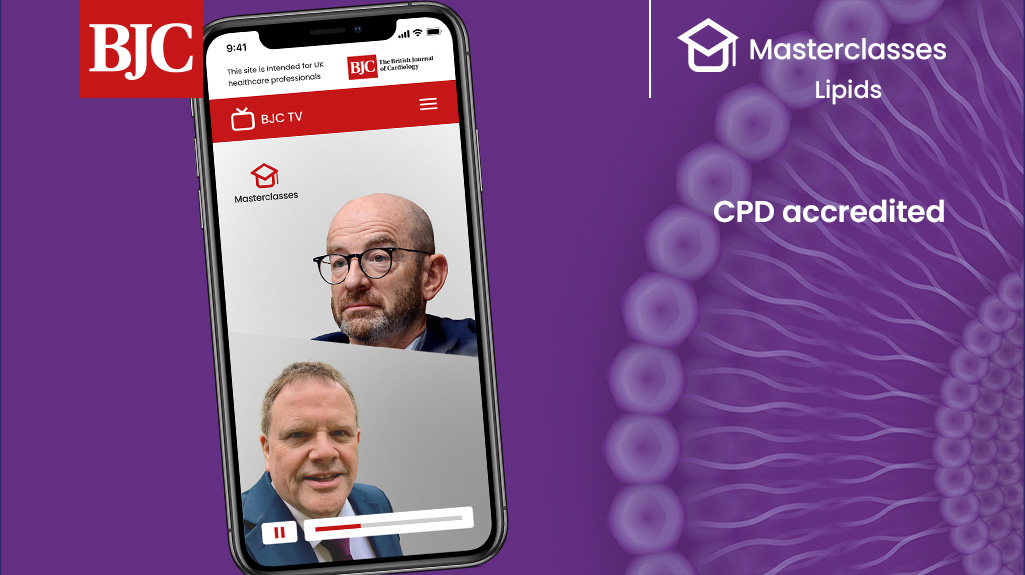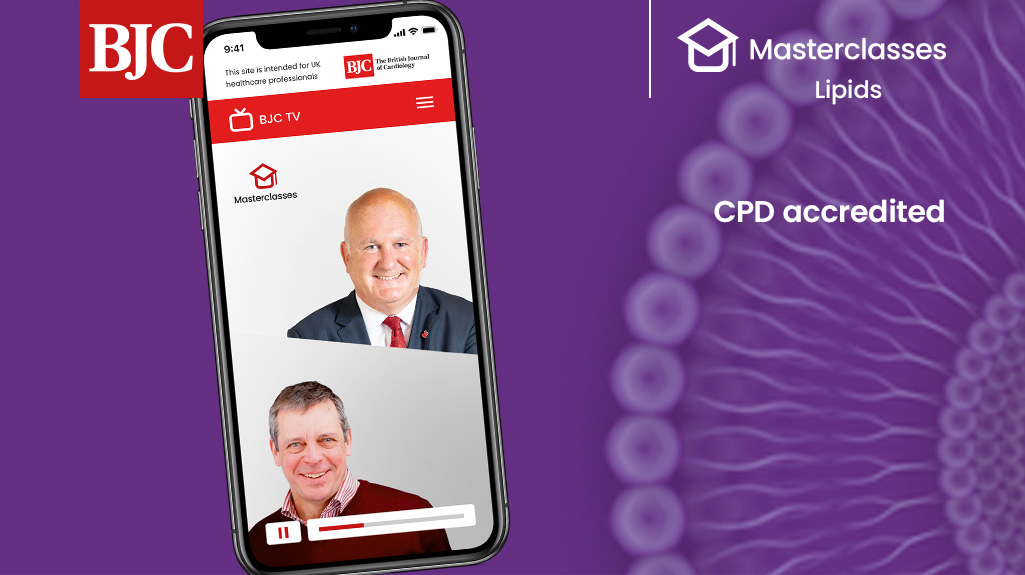This Masterclass was developed in collaboration with the National Amyloidosis Centre, London UK
Amyloidosis is rapidly gaining recognition as a previously under-diagnosed cause of cardiomyopathy and heart failure. Here, experts from the National Amyloidosis Centre – the only centre in the UK specialising in the management of the condition – provide an overview of its prevalence, symptoms and key treatment principles.
Amyloidosis is rapidly gaining recognition as a previously under-diagnosed cause of cardiomyopathy and heart failure. Here, experts from the National Amyloidosis Centre – the only centre in the UK specialising in the management of the condition – provide an overview of its prevalence, symptoms and key treatment principles.


